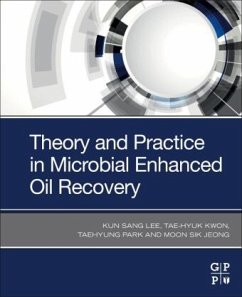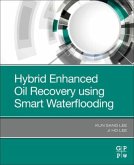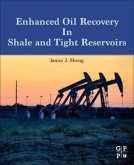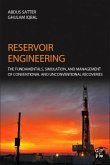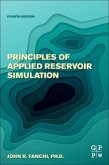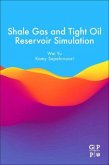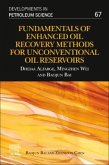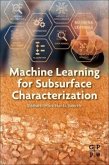Selection of the optimal recovery method is significantly influenced by economic issues in today's oil and gas markets. Consequently, the development of cost-effective technologies, which bring maximum oil recovery, is the main interest in today's petroleum research communities. Theory and Practice in Microbial Enhanced Oil Recovery provides the fundamentals, latest research and creditable field applications. Microbial Enhanced Oil Recovery (MEOR) is potentially a low-priced and eco-friendly technique in which different microorganisms and their metabolic products are implemented to recover the remaining oil in the reservoir. Despite drastic advantages of MEOR technology, it is still not fully supported in the industry due to lack of knowledge on microbial activities and their complexity of the process. While some selected strategies have demonstrated the feasibility to be used on a mass scale through both lab and field trials, more research remains to implement MEOR into moreoil industry practices. This reference delivers comprehensive descriptions on the fundamentals including basic theories on geomicrobiology, experiments and modeling, as well as current tested field applications. Theory and Practice in Microbial Enhanced Oil Recovery gives engineers and researchers the tool needed to stay up to date on this evolving and more sustainable technology.

